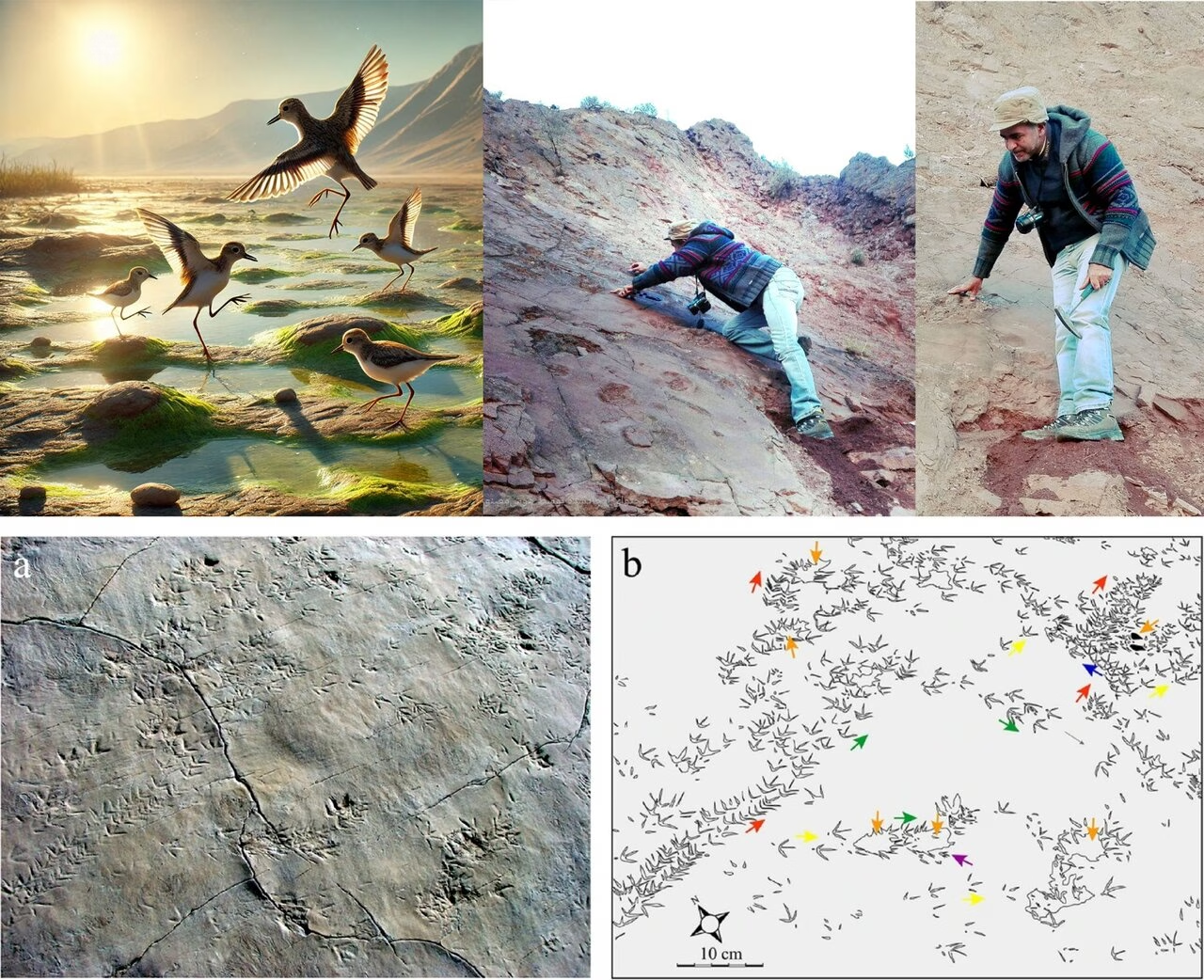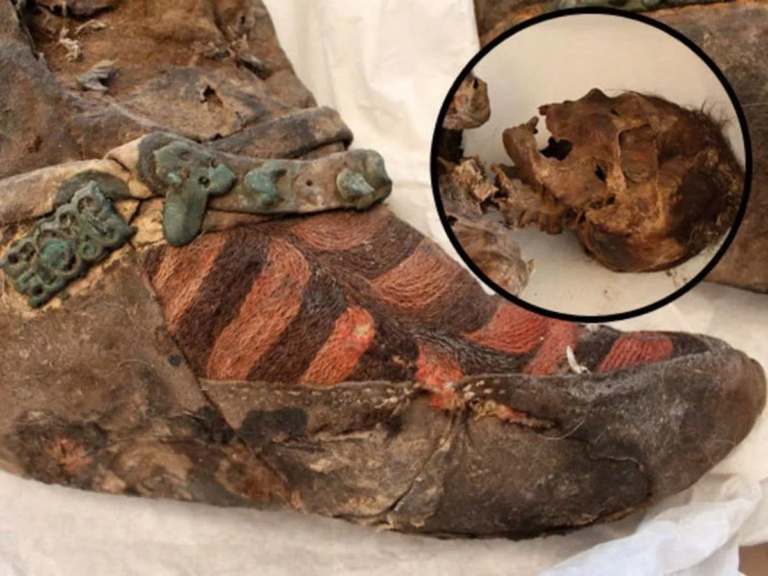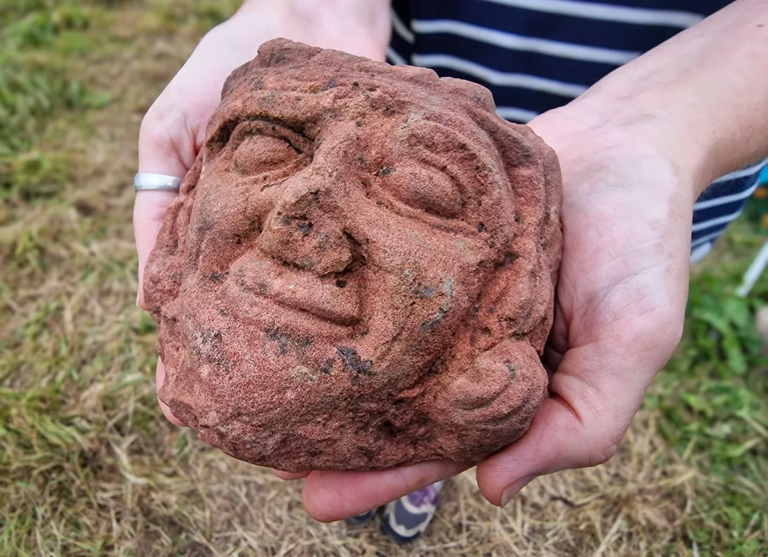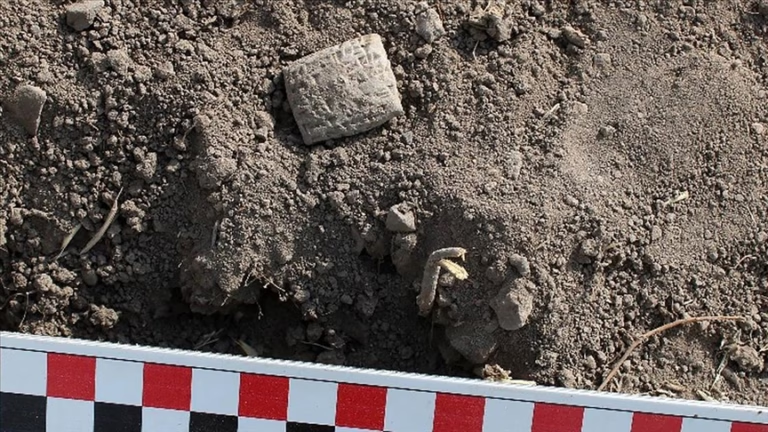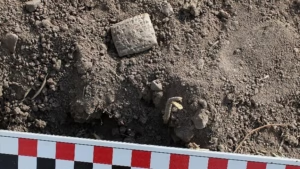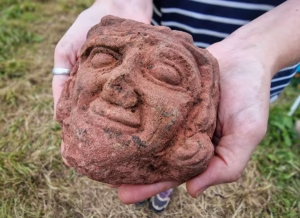In a groundbreaking discovery, Iranian paleontologist Dr. Nasrollah Abbassi from the University of Zanjan has unearthed the world’s first fossilized evidence of a bird mating ritual, dating back approximately 13 to 15 million years, in the Miocene-aged Upper Red Formation of northwestern Iran.
A New Chapter in Behavioral Fossil Records
Unlike typical fossilized footprints, this exceptional site reveals a complex display of avian behavior—a full courtship dance preserved in stone. More than 70 distinct trackways have been identified, capturing a sequence of behaviors such as high-stepping, stamping, hopping, pecking, short bursts of flight, and lateral leaps—a performance echoing the mating displays of modern shorebirds like plovers.
“This is not just movement—it’s choreography,” said Dr. Abbassi. “These birds were performing. Imagine male birds on ancient mudflats leaping, fluttering, stamping, all to attract a mate. And now, millions of years later, we are watching that dance.”
Introducing a New Fossil Class: Goshnichnia
Detailed morphometric analysis suggests the trackmakers were birds weighing around 320 grams with hip heights of approximately 6 centimeters. Inspired by the behavioral nature of the discovery, Abbassi and his team introduced a new ethological category of trace fossils: Goshnichnia, defined specifically for courtship behavior fossil traces.
Iran’s Upper Red Formation Joins the Global Map
The discovery places Iran’s Upper Red Formation at the forefront of behavioral paleontology. It not only demonstrates the preservation of anatomy but also of social and reproductive behaviors—a rare achievement in the fossil record.
“This is a pivotal moment for ichnology,” Abbassi said. “It shows we don’t need to look across continents to study the evolution of complex behaviors. Iran’s sedimentary archives have extraordinary stories to tell.”
With this find, Dr. Abbassi—a leading expert in ichnology and geobiology—has redefined what is possible in fossil behavior research. “If we’ve found a mating dance fossilized in stone,” he added, “just imagine what else the Earth may be hiding.”
